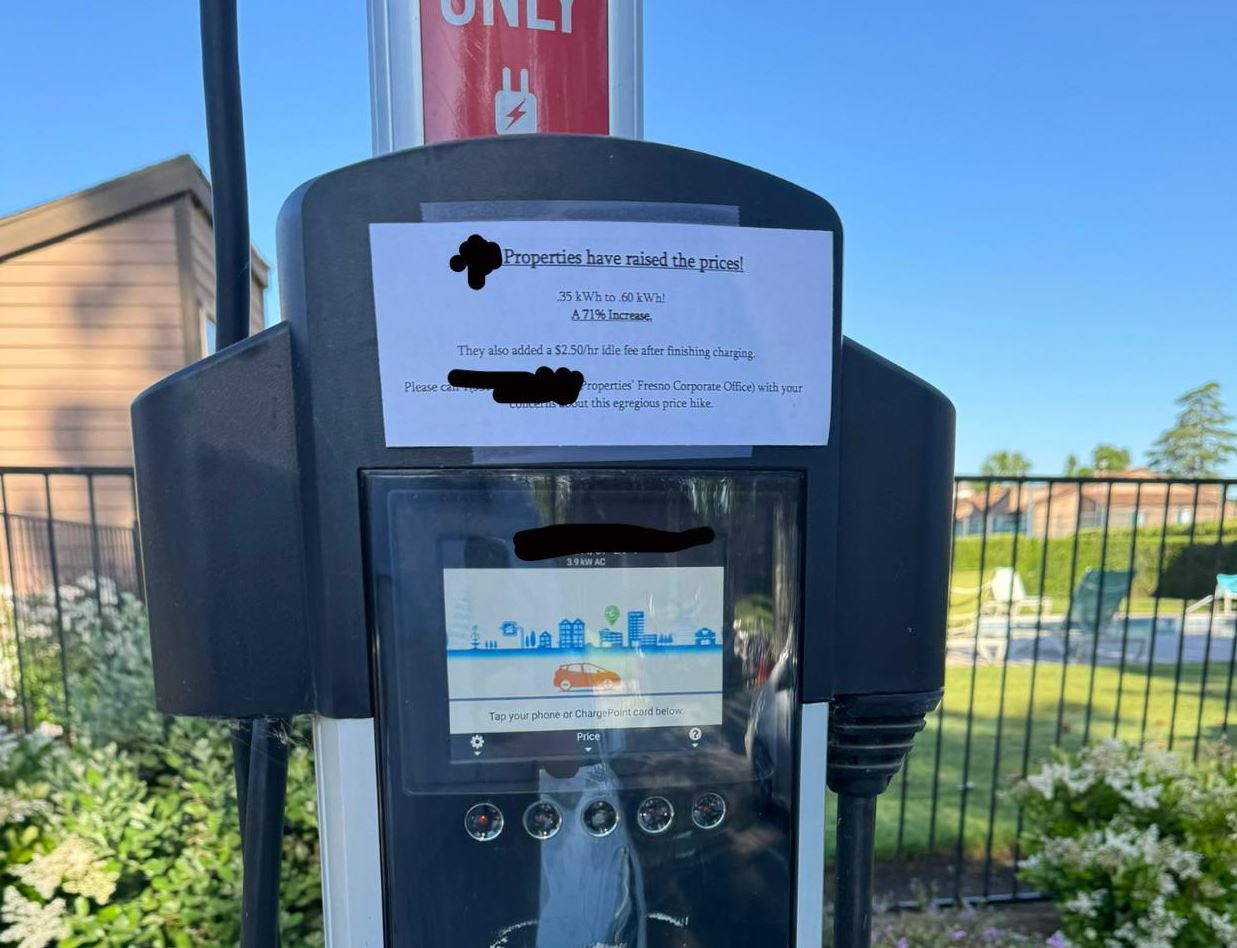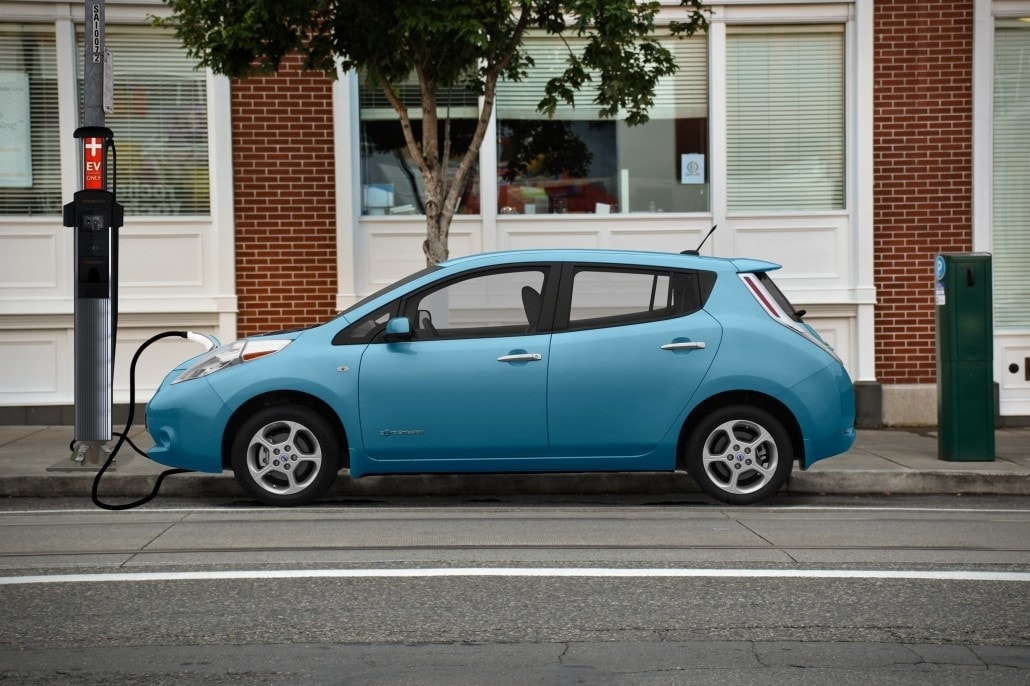The start of this year saw a challenging period for electric vehicles (EVs). In an unprecedented move within the automotive industry, Tesla implemented widespread price cuts globally to stimulate demand. Despite this effort, EVs faced a decline in popularity, prompting potential buyers to reconsider traditional gasoline or diesel-powered vehicles.
It’s crucial to recognize the environmental benefits of EVs, as they contribute to cleaner mobility and combat global warming. Rising temperatures and extreme weather events underscore the urgency of addressing climate change. However, the transition to EVs faces obstacles, including affordability and infrastructure challenges.

While EV adoption is growing, barriers such as high upfront costs and limited charging infrastructure persist. Public transportation remains inadequate in many regions, making car ownership a necessity for most Americans. Despite these challenges, efforts to incentivize EV adoption continue at various levels of government and within the private sector.
Younger generations, particularly Gen Z, are more environmentally conscious and receptive to EVs. However, widespread adoption requires addressing affordability and accessibility issues. Collaborative efforts among policymakers, businesses, and consumers are essential to accelerate the transition to sustainable transportation.

